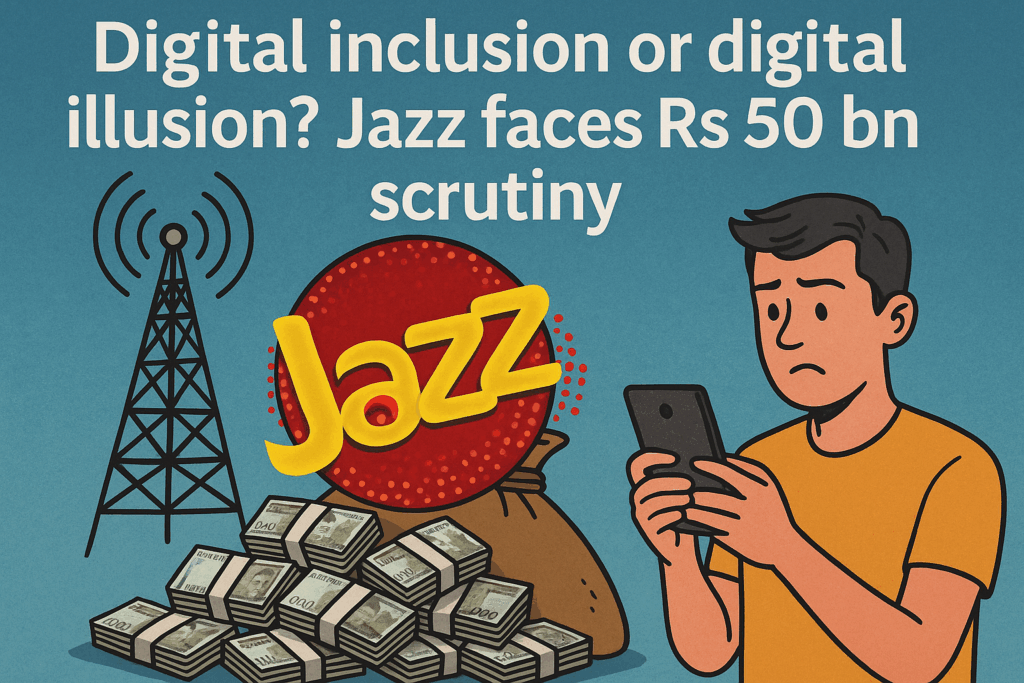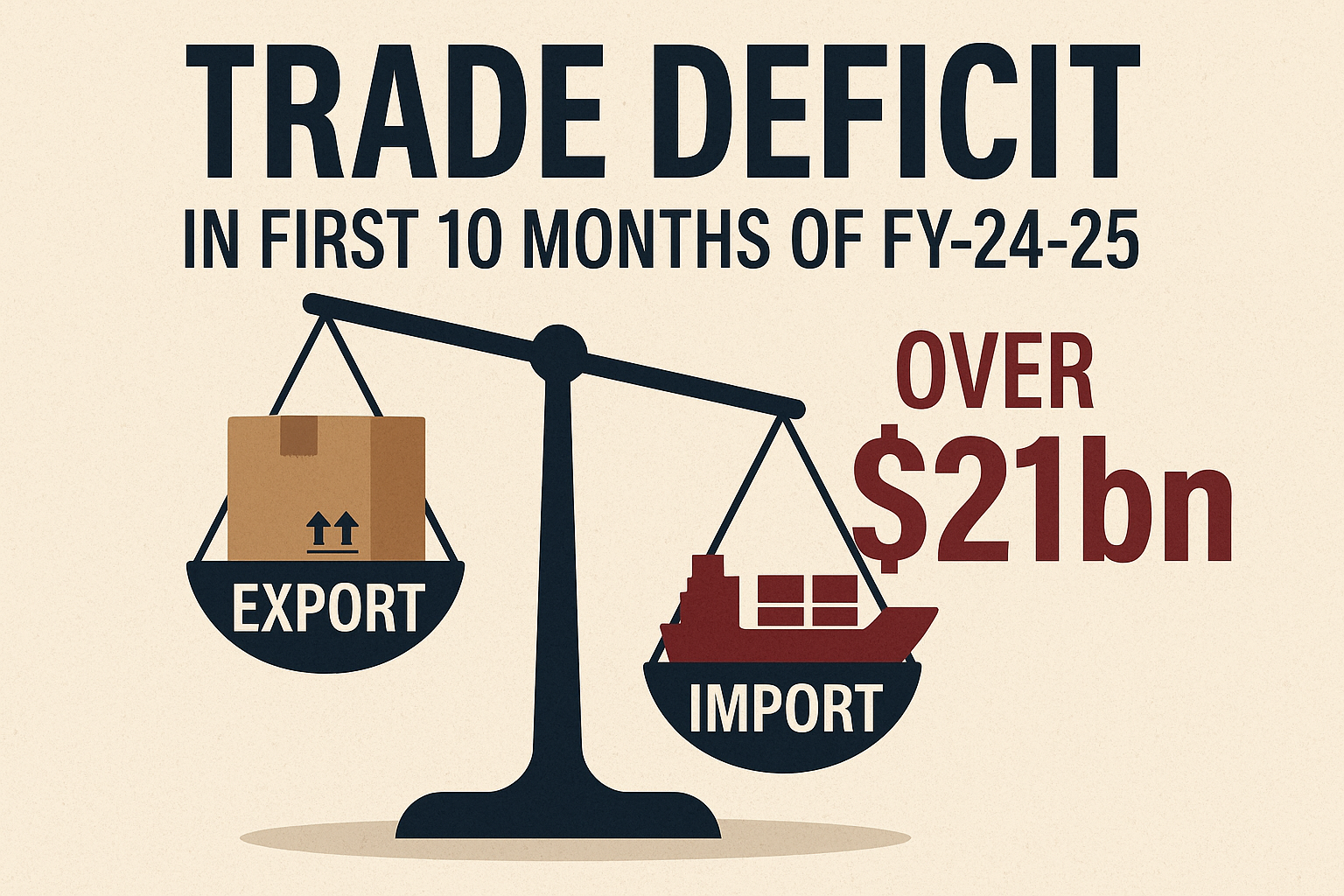
Aftab Maken
Jazz, Pakistan’s largest telecom operator, finds itself at the center of a growing controversy amid accusations of using inflated tariffs and poor services to cover its staggering Rs 50 billion spectrum debt.
Despite its bold claims of championing “digital inclusion,” industry insiders and internal records paint a different picture — one of financial mismanagement, customer exploitation, and regulatory indifference.
The Spectrum Gamble
Who’s Really Paying the Price?
In 2021, Jazz made headlines by spending Rs 50 billion on acquiring 4G spectrum. At the time, the move was touted as a step toward expanding digital access. However, telecom experts and internal sources suggest the investment was made recklessly, ignoring market saturation and infrastructure limitations.
“THEY KNEW THE MARKET COULDN’T SUSTAIN IT, BUT THEY BOUGHT ANYWAY — AND NOW THE USERS ARE FOOTING THE BILL,” SAID A SOURCE FAMILIAR WITH THE MATTER.
Instead of reinvesting in its network, Jazz allegedly slashed operational costs. The result? Frequent service outages and the slowest 4G speeds in the country, according to Ookla’s 2023 Speedtest report.
The Cost of Connectivity
Hidden Fees, Soaring Data Rates:
Jazz users have increasingly reported unexpected deductions, inflated data bundles, and aggressive subscription tactics. Customer complaints against Jazz surged by 45% in 2024, according to Pakistan Telecommunication Authority (PTA) data.
Meanwhile, rural coverage remains severely lacking, with millions still dependent on 2G. Despite this, Jazz charges up to 30% more for data than competitors like Zong — all while publicly promoting itself as a champion of affordable digital access.
Behind the Curtain: Financial Priorities in Question: Regulatory documents and industry sources further allege that:
Jazz diverted profits to its parent company, VEON, in the Netherlands, rather than reinvesting in Pakistan’s telecom infrastructure.
The company’s capital expenditure (capex) declined by 18% in 2023, even as its CEO Aamir Ibrahim reportedly received a salary hike to Rs 60 million.
Despite lobbying the PTA for lower spectrum costs, Jazz has underutilized bandwidth and failed to improve services.
Public Anger Mounts
Calls for Accountability:
On social media, #BoycottJazz has trended repeatedly, with users decrying unauthorized charges and deceptive marketing. Though the PTA has issued warnings to Jazz, critics say enforcement remains toothless — with no fines or serious action taken so far.
Competitors such as Zong and Ufone are reportedly gaining ground as disillusioned customers migrate in search of better service.
What Lies Ahead?
Faced with massive debt and public backlash, Jazz appears to have limited options:
Push for government relief, potentially through taxpayer-funded bailouts.
Continue squeezing customers, raising tariffs and introducing more hidden charges.
The Big Questions
Should the PTA compel Jazz to refund affected users?
Will the FBR investigate alleged profit repatriation and under-reporting?
Are regulators failing in their duty — or worse, turning a blind eye?
As Jazz’s “digital Pakistan” narrative begins to unravel, millions of customers are left asking: is connectivity just another corporate illusion?
 BeNewz
BeNewz




